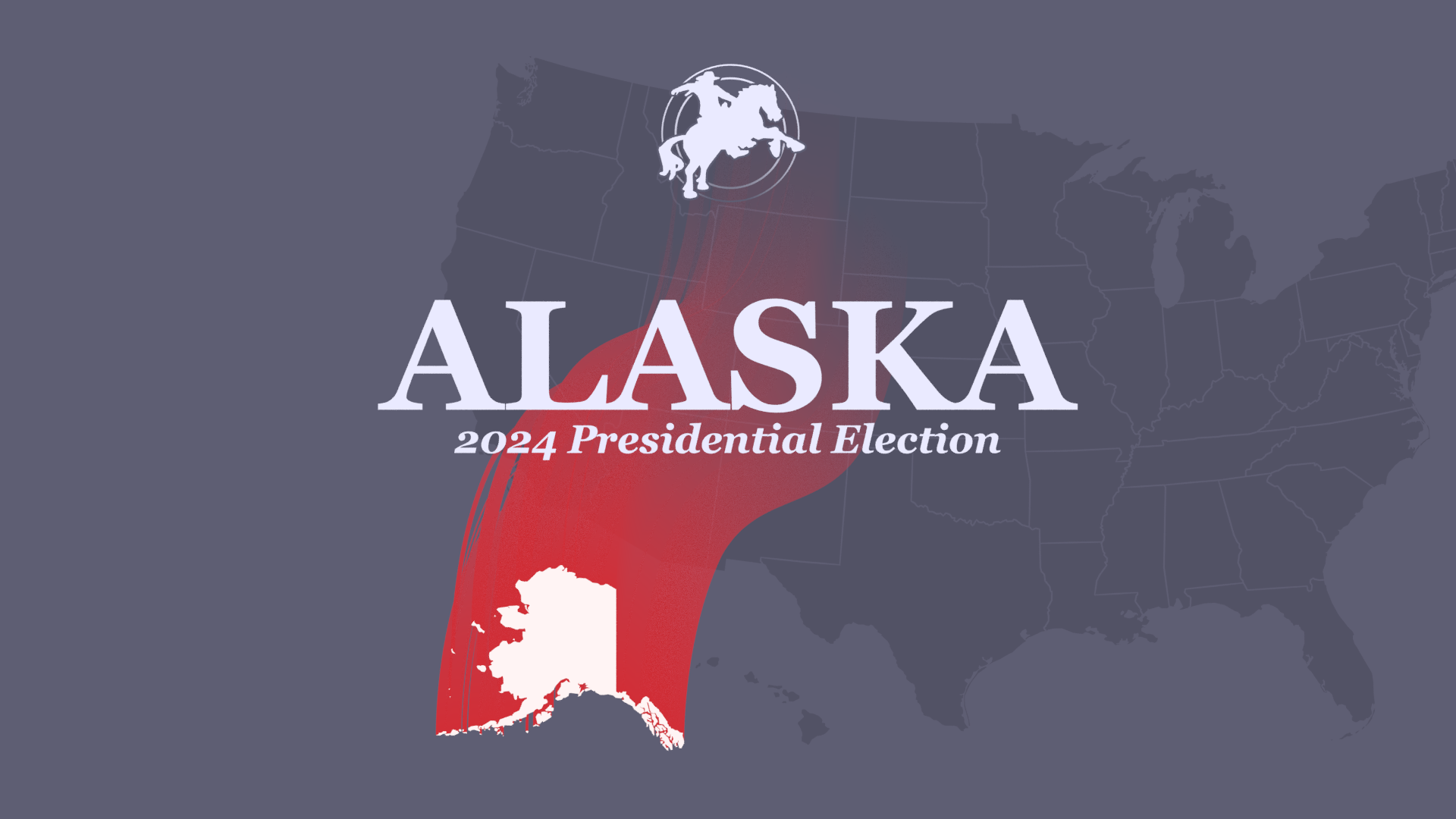
Republicans are Favored, but Vulnerable, in Alaska
Over the past 20 years, Alaska has gone from a reliably Republican state to a more moderately Republican one at a relatively rapid pace. In that vein, last year, we published a piece that invoked Alaska as the sort of state you should be keeping a long-term eye on if you’re a Democratic strategist. We listed a few reasons for the Democratic optimism in the Last Frontier, but we do not expect them to translate to a truly competitive state this cycle, even as they collectively push the state away from Republicans.
For one, the state’s large military population will likely aid Democrats to some degree, as they are a demographic which has begun to shift towards the party as Republicans pursue campaigns based on mistrust of government institutions. Similarly, Alaskans’ high level of income, which increasingly correlates with Democratic voting intention, should begin to net Democrats some voters who are most inclined to turn out and rebuke the increasingly radical Republican Party. Both of these formerly Republican-leaning characteristics aid Democrats, but they don’t make Alaska particularly special compared to a state like Texas, which has similar demographic features.
The state’s rapid shift towards Democrats is partially a result of the state’s small size, making it more prone to significant partisan shifts (if just about 50,000 Democrats moved to Alaska, Republicans would easily lose their electoral advantage there). Though the state’s small size means we can overrate the effect of small changes, the state has not grown significantly over the last few years, so this is likely to have but a minor impact in Democrats’ favor. However, Alaska is a very elastic state – meaning it is more “sensitive” to political changes – which could support Democrats if the national environment favors them.
Perhaps the most unique demographic factor is the state’s large Native Alaskan population. This group, which tends to be more moderate and is therefore less inclined to support the modern Republican Party, has made its strength apparent in recent cycles, sending Mary Peltola – a Democrat – to Washington as Alaska’s representative and the first Alaska Native in Congress. Alaska natives make up about 22% of the state and we expect this high profile victory and the GOP’s continued lurch right to boost their turnout and Democratic voting intention.
But by far the state’s most interesting, and least predictable, wrinkle is the implementation of ranked-choice voting. We’ve discussed how this system, which was implemented after the 2020 election, buoyed candidates like Peltola and the state’s moderate Republican Senator Lisa Murkowski in pieces before, but it’s worth noting that it is also in effect for the presidential election. This undercovered feature of the Alaska presidential election is enough to throw a lot of preconceptions about the state in doubt, primarily because it allows third parties to have an impact beyond playing spoiler. This was something we covered in depth earlier this year, but the takeaway is this: if a high proportion of voters vote for neither Harris or Trump, then the result is far less obvious than it might be in a strict two-way race. Given that 29% of Alaska – more than any other state – considers itself “independent” and does not lean towards either party, an upset could be brewing. In a state that has leveraged ranked-choice voting to punish Trump-like candidates and with wind at Democrats’ back, that increases uncertainty, something that would at least give Harris an outside chance in an otherwise out-of-reach state.
Because 2024 is a cycle which is seeing heightened third party activity, and the structural constraints which limit votes for third parties (like the “wasted vote” problem) do not apply in a ranked-choice election, we cannot confidently say that Alaska is a safe Republican state the way we might be able to claim about many others. Trump is certainly favored, but the level of uncertainty cuts both ways, and a sizable enough swing could give Trump a significant margin of victory or a narrow rebuke in the Last Frontier.